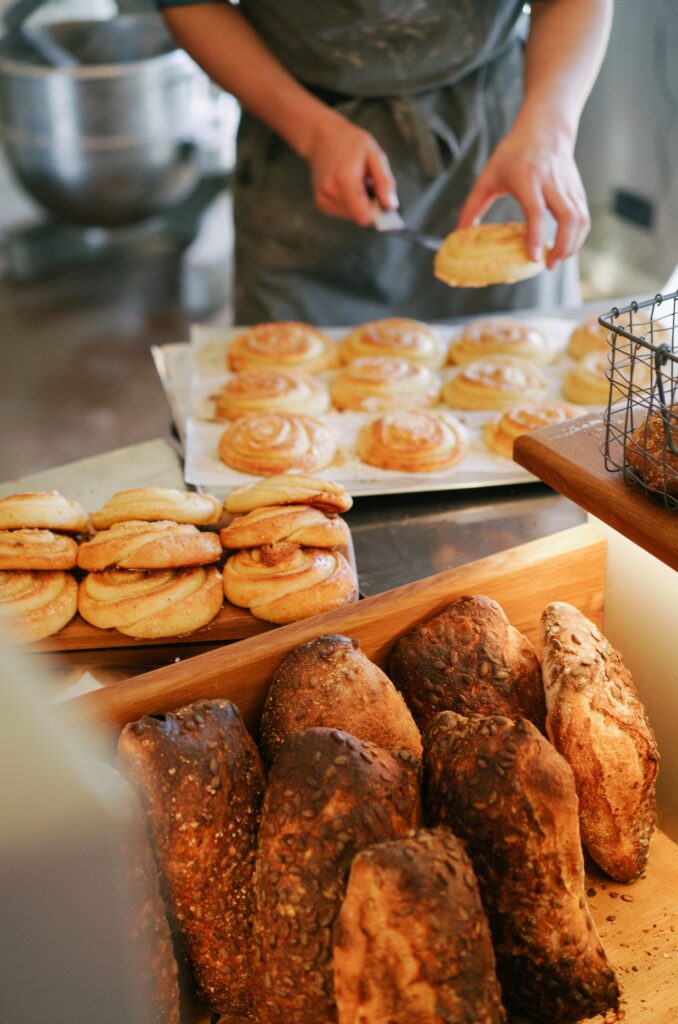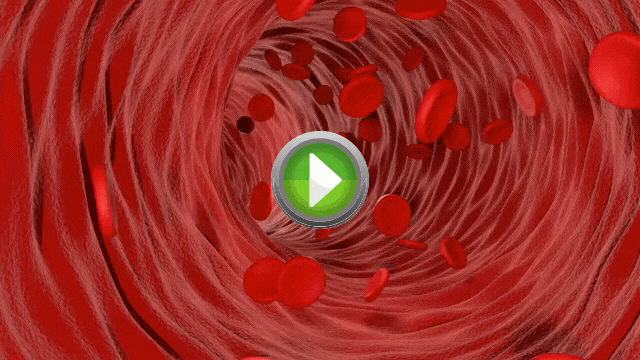
Eating carbs without experiencing an insulin spike, is it possible? With the rise of low-carb diets and concerns about insulin spikes, many individuals have become worried about eating carbohydrates. As a result, this has made carbohydrates, also called carbs, the long standing subject of much debate in the health and nutrition world. However, you can add them into your diet without causing significant insulin spikes. In this blog, we will delve into the science behind insulin. Aid in the understanding that their are different types of carbohydrates. Then we will discuss options to eat carbs without spiking insulin. And finally, present a balanced approach to achieve a good relationship with carbohydrates.
How do you live your best life? By living your life healthy!! Check us out here.
Understanding Insulin
Before we dive into how to manage carbohydrate intake, it’s crucial to see insulin’s role in our bodies. Produced in the pancreas, insulin is a hormone that helps regulate blood sugar levels. When carbohydrates are eaten, they are broken down into glucose. This causes your blood sugar to rise. In response, the pancreas releases insulin, which allows glucose to enter your cells, obviously this gives them energy. Excess glucose is stored in the liver and muscles as glycogen or turned into fat for long-term storage.
Eating Carbs With Insulin Spike – The Connection
The concept of avoiding carbohydrates to prevent insulin spikes is based on the idea that elevated insulin levels may lead to fat storage and other health issues. While it is true that excessive consumption of refined carbohydrates can result in insulin resistance and obesity, not all carbohydrates are equally problematic.
Types of Carbohydrates:
- Simple Carbohydrates: Composed of one or two sugar molecules. A rapid increase in blood sugar levels happens as these are quickly broken down and absorbed. Examples include table sugar, honey, and fruit juices.
- Complex Carbohydrates: These consist of long chains of sugar molecules. These molecules take longer to break down, resulting in a slower and more gradual rise in blood sugar. Foods like whole grains, legumes, and vegetables fall into this category.
Eating Carbs Without Insulin Spike – The Strategy
The Food
- Choose High-Fiber Foods: High-fiber foods slow down the absorption of glucose into the bloodstream. These foods would include, whole grains, fruits, and vegetables. Fiber also promotes a feeling of fullness, which can help prevent overeating.
- Combine Carbs with Protein and Healthy Fats: Pairing things can also slow down digestion. This, in turn, will minimize the impact on blood sugar levels. Try pairing carbohydrates with proteins and healthy fats. For example, enjoy a whole-grain wrap with lean chicken and avocado.
- Avoid Refined Carbohydrates and Sugars: This is the highly processed foods category. Things like white bread, pastries, and sugary snacks, cause rapid spikes in blood sugar levels. Opt for whole, unprocessed foods whenever possible.
- Practice Portion Control: Even with healthy carbohydrates, moderation is key. Controlling portion sizes can help manage blood sugar levels and prevent overeating.
The Science
- Regenerate Beta Cells: These are cells that live on your pancreas. Their job is to convert the sugar in your body into energy. But over time, they can burn out, which means your body can no longer get rid of sugar. The result is the sugar is left to build up in your blood. To make things worse, your hunger cravings increase and your metabolism slows down to a turtle-like crawl. However, a leading international expert now says that beta cells can be brought back to life, or “regenerated.” This will help balance your blood sugar and ramp up your metabolism. While that is happening your body turns into a fat burning machine. Find out more here.
- Be Mindful of the Glycemic Index (GI): The glycemic index measures how quickly a carbohydrate-containing food raises blood sugar levels. Foods with a low GI, such as sweet potatoes and lentils, are better choices for stable blood sugar levels.
- Time Your Carbohydrate Intake: Consuming carbohydrates after exercise can be beneficial. This is the time when your muscles are more receptive to glucose uptake.
- Stay Active: Regular physical activity can improve insulin sensitivity, allowing your body to utilize glucose more effectively.
Conclusion

Eating carbs without experiencing an insulin spike is not only possible but also essential for a balanced and healthy diet. By choosing the right types of carbohydrates, combining them with proteins and healthy fats, and being mindful of portion sizes, you can enjoy the benefits of carbs without negative health impacts. Remember that individual responses to carbohydrates may vary, and it’s essential to listen to your body and make adjustments based on your specific needs and goals. Visit us here to find out more information on weight loss and glucose control.
Always consult with a healthcare professional or a registered dietitian to create a personalized plan that works best for you. With a balanced approach, you can not only embrace carbohydrates as a valuable energy source but also maintaining stable insulin levels and overall well-being.
© Copyright 2023. All rights reserved.


Pingback: Back Pain and Weight - It's A Weighty Connection
Pingback: Back Pain Relief and Tight Hip Flexors, How Are They Connected?
Pingback: Back Pain Relief Through Core Exercise and Hip Therapy
Pingback: 60 Day Keto Diet Plan For Healthy Living